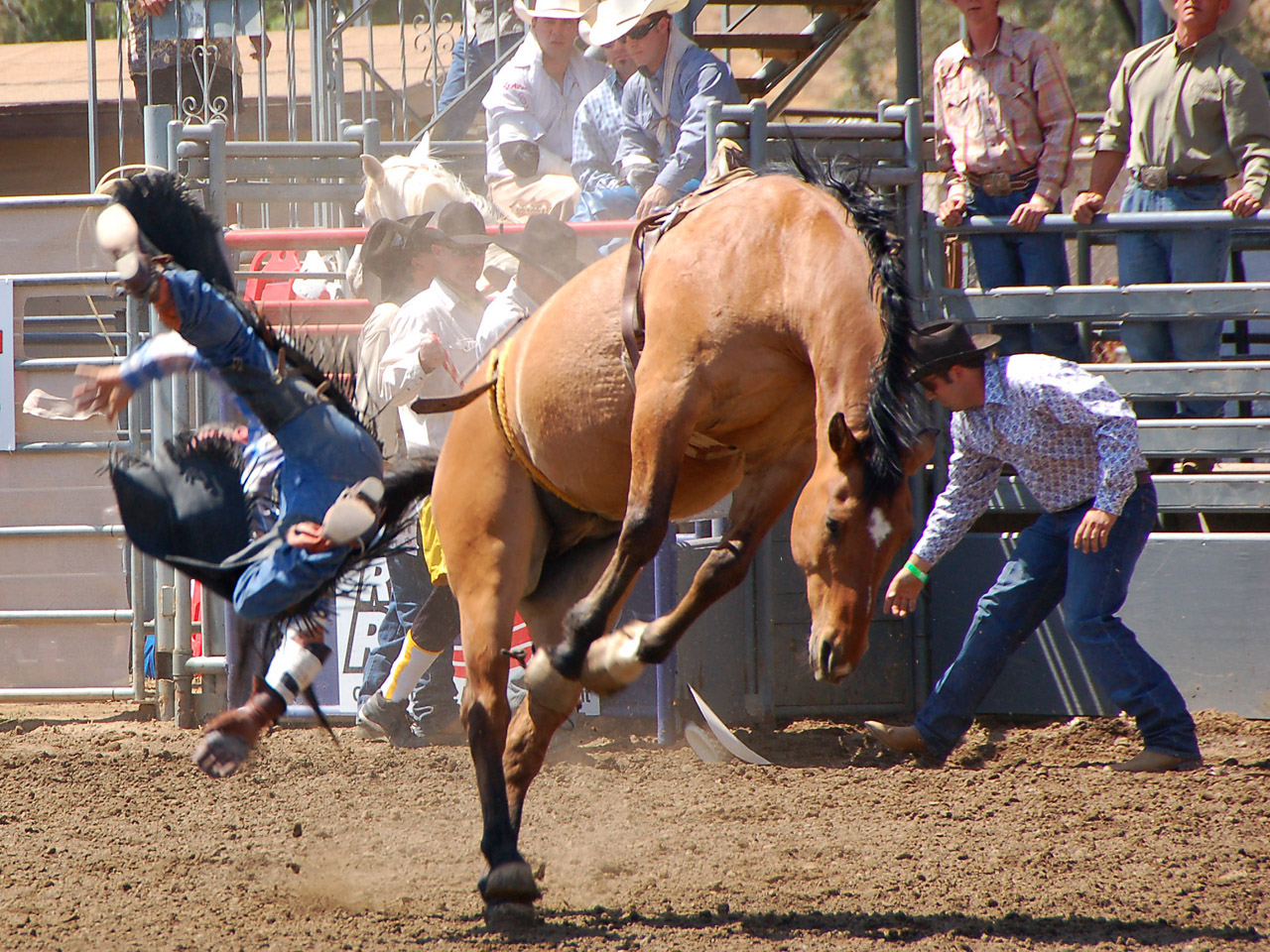Pulling, Holding, and the Human Instinct in the Saddle
Pulling on the reins is as instinctive to humans as curling into the fetal position when we feel threatened. It’s a deeply ingrained response—hardwired, even. When fear takes over, riders often collapse into that defensive posture, losing balance and increasing their risk of being unseated. Why do they do it? Simply put, they can’t help it. Just like a sudden, loud noise makes us flinch or crouch down, fear on horseback pushes us to grab hold of something—anything—for perceived stability.
Gripping the reins becomes a lifeline. It’s no different than the white-knuckled clutch we have on the steering wheel while driving on an icy road. It’s not a criticism—we’ve all done it—it’s just a natural reaction. But good horsemen learn to recognize these instincts and retrain them into something more productive.
Pulling
Pulling is defined by steady, unrelenting pressure. It may vary in intensity, but it’s always there—constant. You can pull on a stationary object, or you can pull against resistance. Horses don’t naturally understand pulling; they learn it, often through fear or discomfort. And since they’re larger and stronger than we are, they’ll always win a tug-of-war.
Pulling on the reins causes pain—specifically on the sensitive bars of a horse’s mouth. In response, horses lift their heads or push forward and brace to escape the discomfort. Head tossing, stiffness, and resistance are all classic signs of too much rein pressure. Yet the moment you stop pulling and offer slack, the horse begins to relax—dropping its head, softening its body. If there’s nothing to pull against, there’s nothing to resist.
I recall helping a friend whose horse kept thrusting its nose up or diving down in an effort to escape the constant rein pressure. I suggested she simply introduce slack into the reins. At first, the horse seemed confused, unsure of the absence of pain. It tested the slack, tentatively, but eventually relaxed. Its head lowered, its body softened, and both horse and rider enjoyed the ride. But old habits die hard—the very next day, she returned to pulling, a pattern ingrained over decades.
Holding
Holding is not the same as pulling. Holding involves setting your hand—taking a position and staying there, quietly. As the great classical dressage master Nuno Oliveira once said, your hand should be “like concrete”—firm, but still. When you hold, the horse can find release on its own. It’s not about force, but about providing a steady boundary.
Think of a well-tied lead rope: it doesn’t pull, it simply holds. The horse learns not by pressure, but by the absence of it. The same goes for your rein hand. In ballroom dancing (something I once pursued myself), we learn to maintain a strong frame, making it easier for a partner to read our movements. The horse responds in much the same way. Stillness, not tension, creates clarity.
Changing the Habit
Ray Hunt once said, “It’s easy to change the horse, but it’s hard to change the human.” He wasn’t wrong. Humans are creatures of habit, often unaware of the routines we’ve ingrained in ourselves. Think of your morning ritual—you probably brush your teeth the same way, in the same order, every day without a second thought.
Pulling on the reins is more than instinct—it’s also a habit, and a deeply conditioned one at that. In fact, it’s often taught unintentionally. The good news? Like any habit, it can be replaced—with awareness, intention, and practice.
Once we stop pulling—once we stop reacting with force and instead begin responding with feel—our entire relationship with the horse changes. We stop using pain to cope with our fear and start communicating with softness, trust, and clarity.
And that, at its heart, is good horsemanship.

